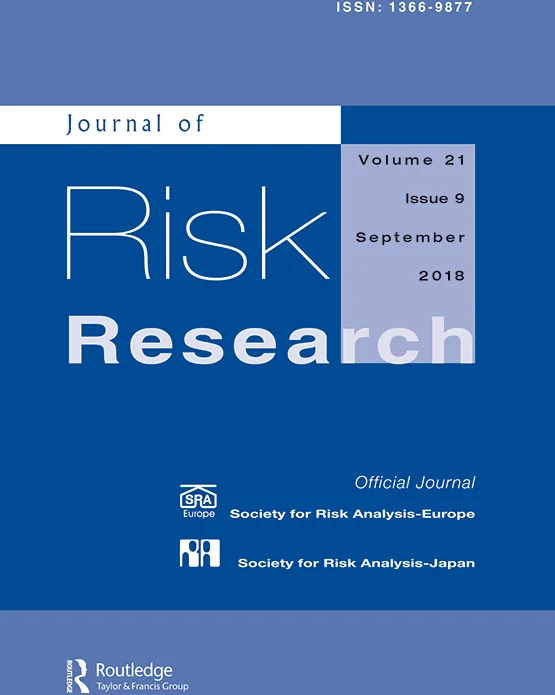Striving for technical consensus by agreeing to disagree: the case of monitoring underground nuclear waste disposal facilities
IF 2.4
4区 管理学
Q1 SOCIAL SCIENCES, INTERDISCIPLINARY
引用次数: 0
Abstract
Abstract Socio-technical arrangements seeking to produce consensus are understood differently by theories in science and technology studies. Some scholars argue that consensus ambitions are coercive in that they oppress the (inevitable) alternatives to the dominant values and interests that are enforced under a guise of consensual unity. Others argue that consensus is inherently characterized by value and interest heterogeneity, i.e. downplaying processes of coercion and exclusion, and instead emphasizing ‘multiplicity’. In this article, we combine both these seemingly contradictory insights to understand how a European Union Research and Development Project sought to produce consensus among a range of international actors about introducing new technology into existing nuclear waste management programmes. By presenting the political and technical contexts of two national programmes – the Swedish and the French – we show that political and legislative preconditions for monitoring differed between the countries. The project thereby faced the European Union’s expectations of honouring certain (political) values by producing consensus and the simultaneous turmoil of divergent national trajectories. This turmoil, however, was reconciled by ‘agreeing to disagree’. By producing consensus on the level of technical protocols that allowed a degree of flexibility, both the political values of European harmonization imposed on the project and the integrity of the somewhat divergent national programmes were honoured. Fundamentally, we argue that the coercive aspects of this process are constituted by the naturalization of European Union policy, but that such coercive efforts still leave some room for diversity, i.e. flexibility.通过同意不同意见来争取技术共识:以监测地下核废料处理设施为例
摘要科学技术研究中的理论对寻求达成共识的社会技术安排有不同的理解。一些学者认为,共识野心是强制性的,因为它们压迫了主导价值观和利益的(不可避免的)替代品,而这些价值观和兴趣是在共识统一的幌子下强制执行的。其他人则认为,共识本质上具有价值和利益异质性的特征,即淡化胁迫和排斥过程,而强调“多样性”。在这篇文章中,我们将这两种看似矛盾的见解结合起来,以了解欧盟研发项目如何寻求在一系列国际行为者之间就将新技术引入现有核废物管理计划达成共识。通过介绍瑞典和法国两个国家方案的政治和技术背景,我们表明,各国监测的政治和立法先决条件不同。因此,该项目面临着欧盟的期望,即通过达成共识来尊重某些(政治)价值观,同时也面临着不同国家轨迹的动荡。然而,这场动乱通过“同意不同意见”得到了调和。通过就允许一定程度灵活性的技术协议达成共识,既尊重了欧洲统一对该项目的政治价值观,也尊重了有些分歧的国家方案的完整性。从根本上说,我们认为,这一进程的强制性方面是由欧洲联盟政策的入籍构成的,但这种强制性努力仍然为多样性,即灵活性留下了一些空间。
本文章由计算机程序翻译,如有差异,请以英文原文为准。
求助全文
约1分钟内获得全文
求助全文
来源期刊

Journal of Risk Research
SOCIAL SCIENCES, INTERDISCIPLINARY-
CiteScore
12.20
自引率
5.90%
发文量
44
期刊介绍:
The Journal of Risk Research is an international journal that publishes peer-reviewed theoretical and empirical research articles within the risk field from the areas of social, physical and health sciences and engineering, as well as articles related to decision making, regulation and policy issues in all disciplines. Articles will be published in English. The main aims of the Journal of Risk Research are to stimulate intellectual debate, to promote better risk management practices and to contribute to the development of risk management methodologies. Journal of Risk Research is the official journal of the Society for Risk Analysis Europe and the Society for Risk Analysis Japan.
 求助内容:
求助内容: 应助结果提醒方式:
应助结果提醒方式:


